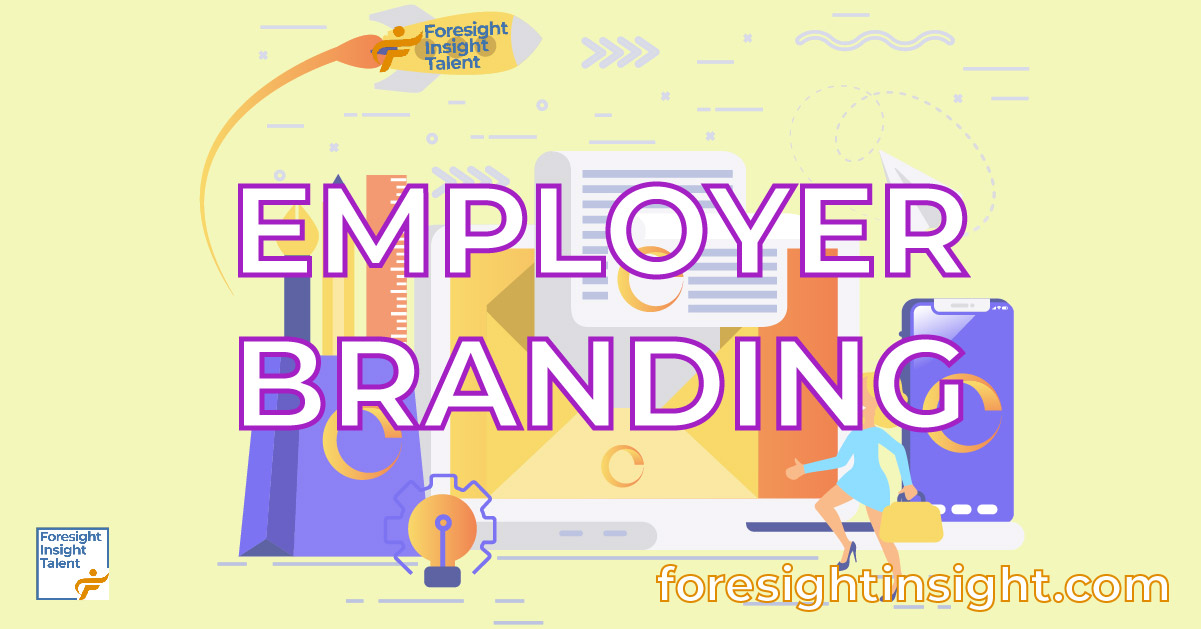The term “employer brand” has been popping up frequently in my recent conversations with the companies I consult for.
It’s always interesting to hear the diverse perspectives on what “employer brand” actually means. In speaking with some of these leaders, I’ve found their views often trace back to discussions with colleagues—typically recruiters or HR business partners. Sometimes, employer brand comes up as a “means to an end”—for instance, when a company decides it’s time to refresh the careers page on its website. Other times, it’s part of a social media push or a campaign blitz on job boards to attract talent for high-stakes, competitive roles.
Regardless of the reason, employer brand is undeniably important. And to make it resonate, authenticity is key. It’s about presenting your company, culture, and opportunities as they genuinely are.
Why Employer Brand Matters More Than Ever
Over the past few years, employer branding has become a strategic differentiator. A 2019 survey found that companies with a strong employer brand experience up to 50% more qualified applicants and 28% lower employee turnover than those with a weaker brand. Why? Because job seekers today don’t just want a paycheck; they’re looking for purpose and alignment with a company’s values. This trend toward values-driven employment was gaining momentum even before 2021, making authenticity in employer branding essential for attracting and retaining talent.
What Does Your Employer Brand Say About Your Organization?
The more your employer brand aligns with your corporate brand and talent framework, the more authentic and compelling it will be.
There’s a difference between an authentic employer brand and simply listing perks like “career growth” or “Friday happy hours.” Are those things truly core to what your company stands for? Where’s the connection to your customers, mission, or core values? While all these elements can align beautifully, there’s also a risk of creating an image that candidates—and even current employees—might find superficial. If someone joins for reasons that aren’t deeply rooted in the company’s brand, they might eventually realize they joined for the wrong reasons. Or they may simply feel a disconnect, sensing something is “off” without knowing why.
An employer brand is a crucial part of the employee value proposition. As SHRM defines it, employer brand reflects an organization’s mission, values, culture, and personality. A strong employer brand communicates that the organization is not only a great place to work but also one that employees can genuinely connect with. It influences recruitment, retention, engagement, and even the market’s perception of your organization. In short, it’s a powerful tool to attract, engage, and retain top talent.
Reflect on Your Employer Brand
As you think about your employer brand, ask yourself:
• Does it align with the core values and mission of your company?
• How accurately does it reflect the daily experience of employees, beyond perks and surface-level benefits?
• Is there a clear link between your brand and the purpose that drives your team?
Ultimately, integrating talent at the heart of your corporate brand is what makes an employer brand authentic—and truly reflective of your organization’s identity.
If it’s time to explore your organization’s employer brand, I’d love to chat.

